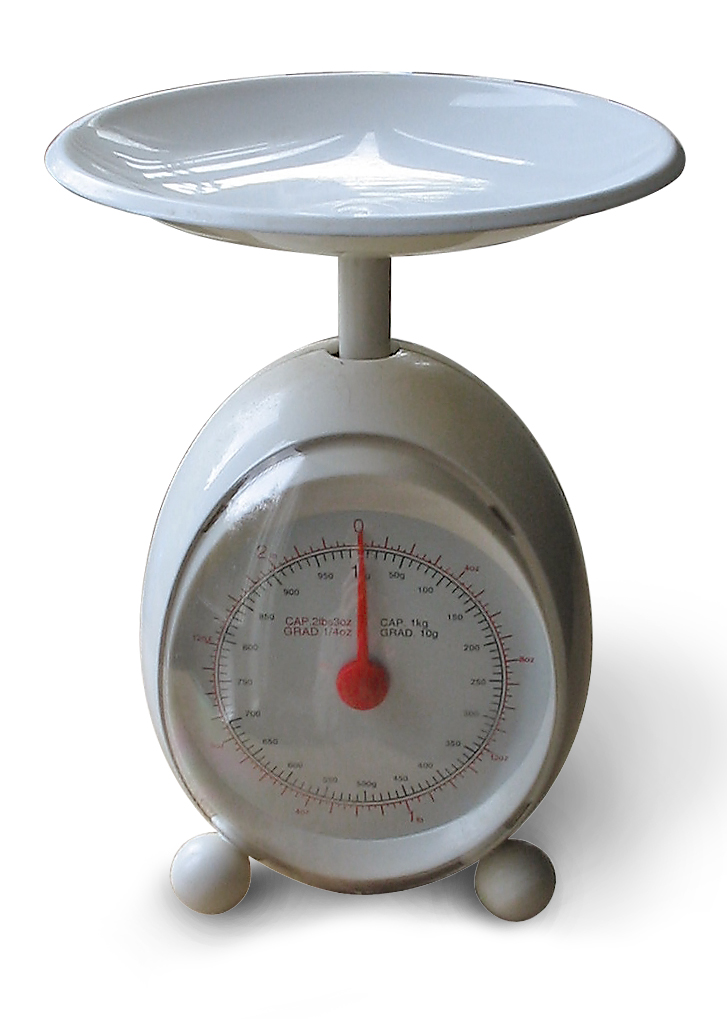Mass is a central concept in physics. Yet, when people go looking for it by smashing matter into bits, they find nothing but neutral or charged fragments.
It's almost as if mass is hiding somewhere. But where could that be?
Conventional physics
In conventional physics, space is but an empty void. So, the only place to look for mass is inside matter. But decades of looking has revealed nothing.
Some may say that the Higgs Boson is where mass is hiding. But the evidence for this is far from conclusive. So, mass is conventionally thought of as something fundamental to matter. Wherever there is matter, there is mass.
No further explanation is given.
Aether physics
However, in aether physics, space is not an empty void.
Space has many properties. Among other things, it interacts constantly with matter. So, space is taken into consideration in all matters related to kinetics.
From objective analysis we find that there are three distinct types of acceleration. All of them adhering to Newton's formulas, where mass is fundamental.
These accelerations are:
- Linear due to directly applied force
- Angular due to tethering
- Linear due to applied field forces
As we will see, all of these accelerations involve the aether in different ways. Yet, there's a common denominator that makes them identical for purposes of calculations, and this common denominator is what we refer to as mass.
But there is no mass as a thing of its own in the real world. In aether physics, mass is but an abstraction derived from the fact that aether interacts with matter.
To see how this works, we need to look closer at how matter interacts with the aether.
Linear acceleration due to directly applied force
Of the three accelerations mentioned above, acceleration due to directly applied force is the only one that adds energy to matter.
Angular acceleration and acceleration due to field forces don't add energy.
This is because only direct force requires particles at the subatomic to change in size, and hence energy, in order to accelerate. So, adding energy is a necessary part of this type of acceleration.
This is done by the help of the aether, which is limited by the speed of light in order to perform this task. So, we get a time delay between applied force and increase in energy.
This time delay is experienced by us as a resistance to change. Also known as inertia.
So, when we make calculations related to inertial mass, we are in fact dealing with the time delay caused by the aether's inability to act instantaneously.
Angular acceleration
When a moving object is tethered to a central point, either by a string, or by the use of a field force, it undergoes acceleration. But no energy is added or subtracted to the object.
Yet, there's a measurable force involved, and it equates to what we would have to apply in order to achieve linear acceleration of the same magnitude.
So, there's something fundamental going on that connects linear acceleration directly to angular acceleration.
This too must be due to the aether's inability to act instantaneously. But with no energy being added, the mechanism involved must be different.
We cannot use the analogy of a pressure wave in the aether.
But we can nevertheless explain this in terms of matter interacting with the aether. Because all moving particles come with an accompanying pilot wave.
In the case of angular acceleration, there is no pressure wave. But there is a pilot wave, and it too is limited by the speed of light.
The constant need to change the direction of pilot waves, and influence associated particles accordingly, produces the exact same delay as pressure waves.
We can therefore use the concept of inertial mass to make calculations related to both linear and angular acceleration.
Linear acceleration due to applied field forces
In aether physics, the three field forces, magnetism, the electric force, and gravity, have one common denominator. They all operate through manipulation of the aether.
Repelling forces come about when aether particles are drawn into the field between acting bodies, and attracting forces come about when aether particles are expelled.
But this produces no pressure wave. Nor is there any pilot wave involved. Because space itself is manipulated.
So, when an object moves freely under the influence of a field force it does so with its reference frame moving with it. As far as the object is concerned, it remains in a state of rest during its entire flight. It isn't before the object stops moving at the end of its journey that energy is released.
This makes acceleration due to field forces distinctly different from acceleration due to directly applied force, or angular acceleration.
But, we end up with the appearance of inertia nevertheless. Because field forces result in accelerations that are directly proportional to the volume of subatomic particles involved.
This volume is independent of how densely packed the particles are. So, there's a direct relationship between acceleration due to applied field forces and other types of acceleration. Because they too are directly related to the number of particles involved.
Conclusion
Mass isn't something inherent to matter alone. There's no mass inside particles. Rather, mass is an artifact of the aether interacting with matter.
However, as long as scientists deny the existence of an aether, people will keep looking into matter in search of some elusive mass particle that simply isn't there.

